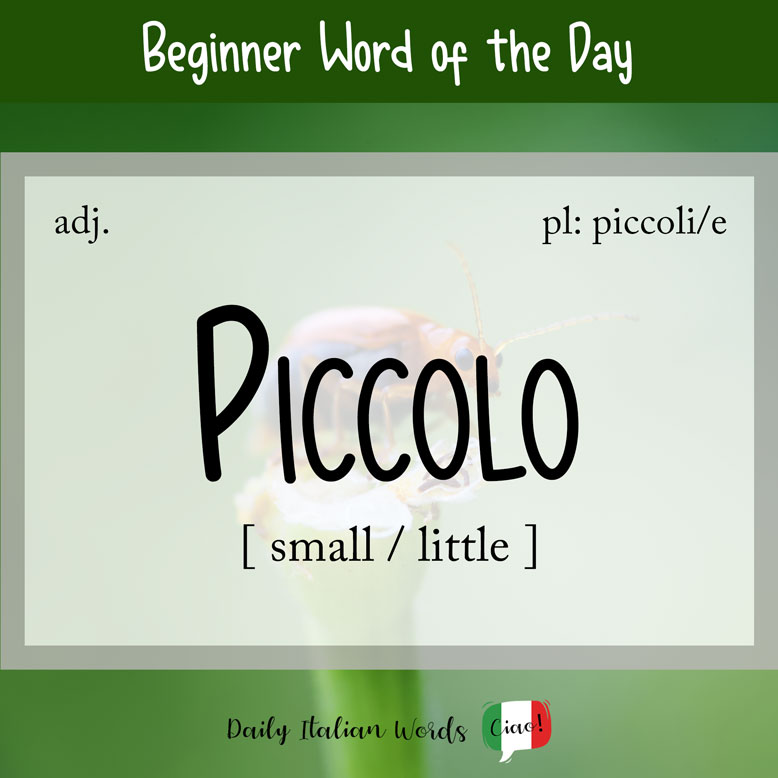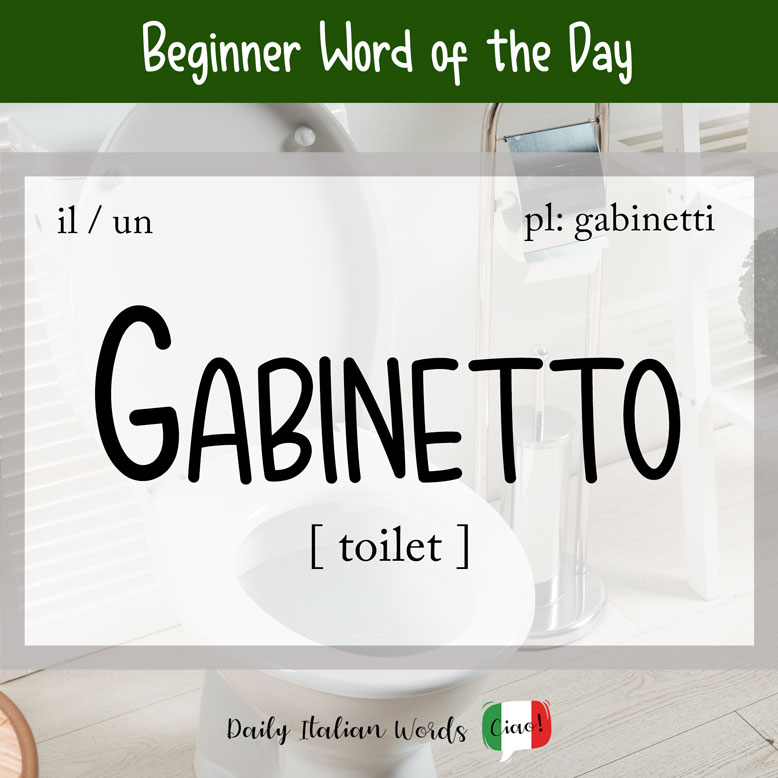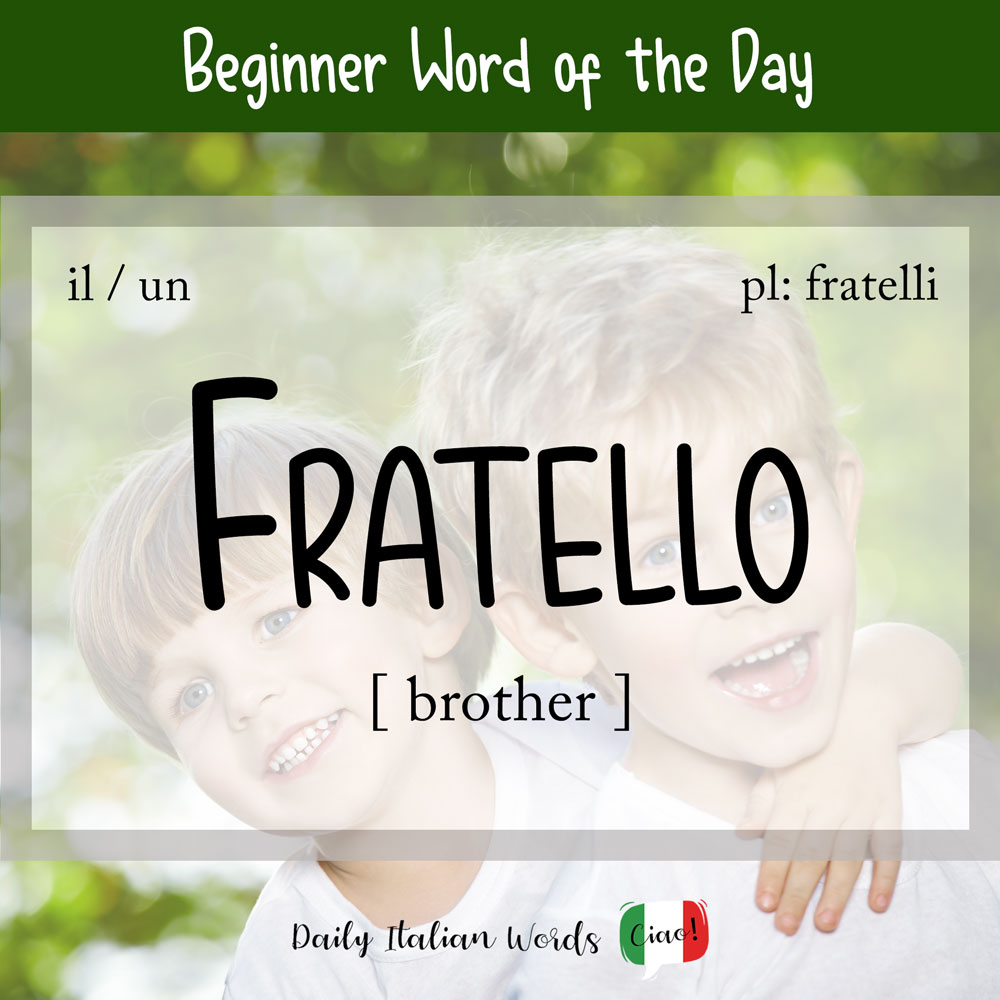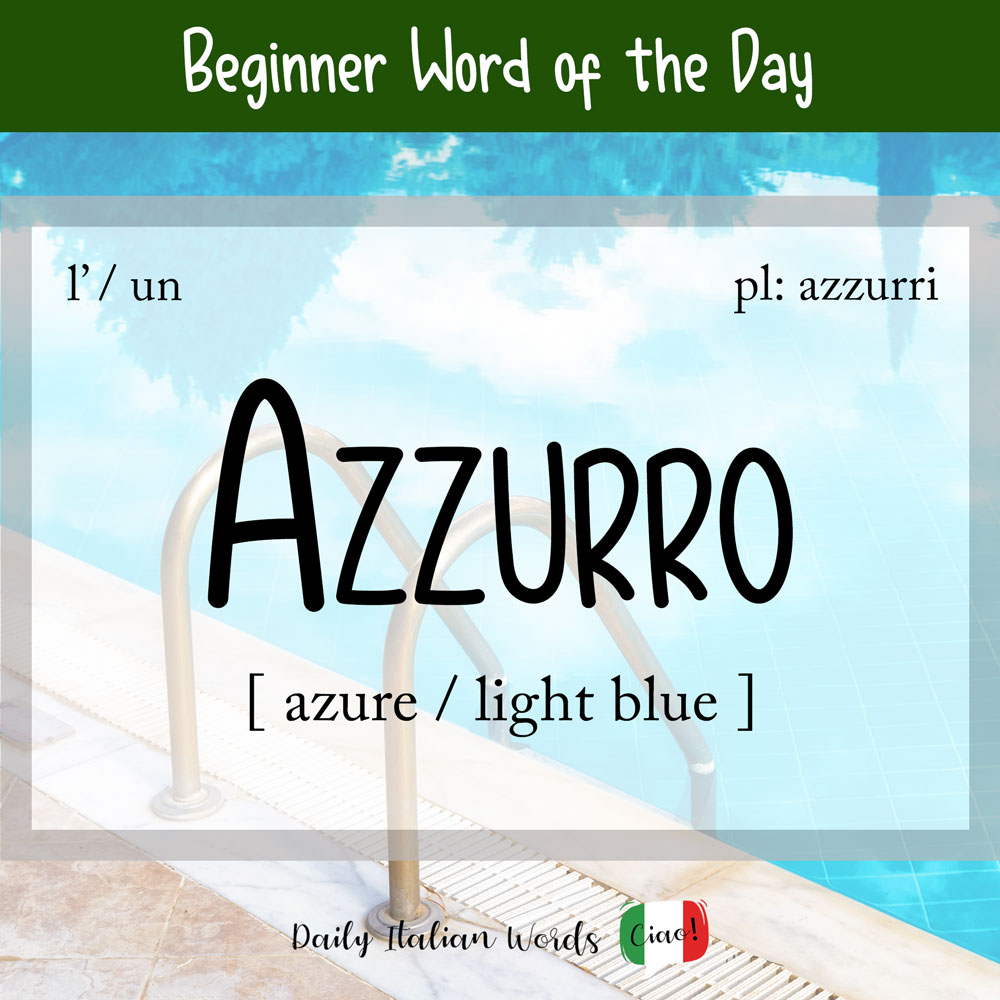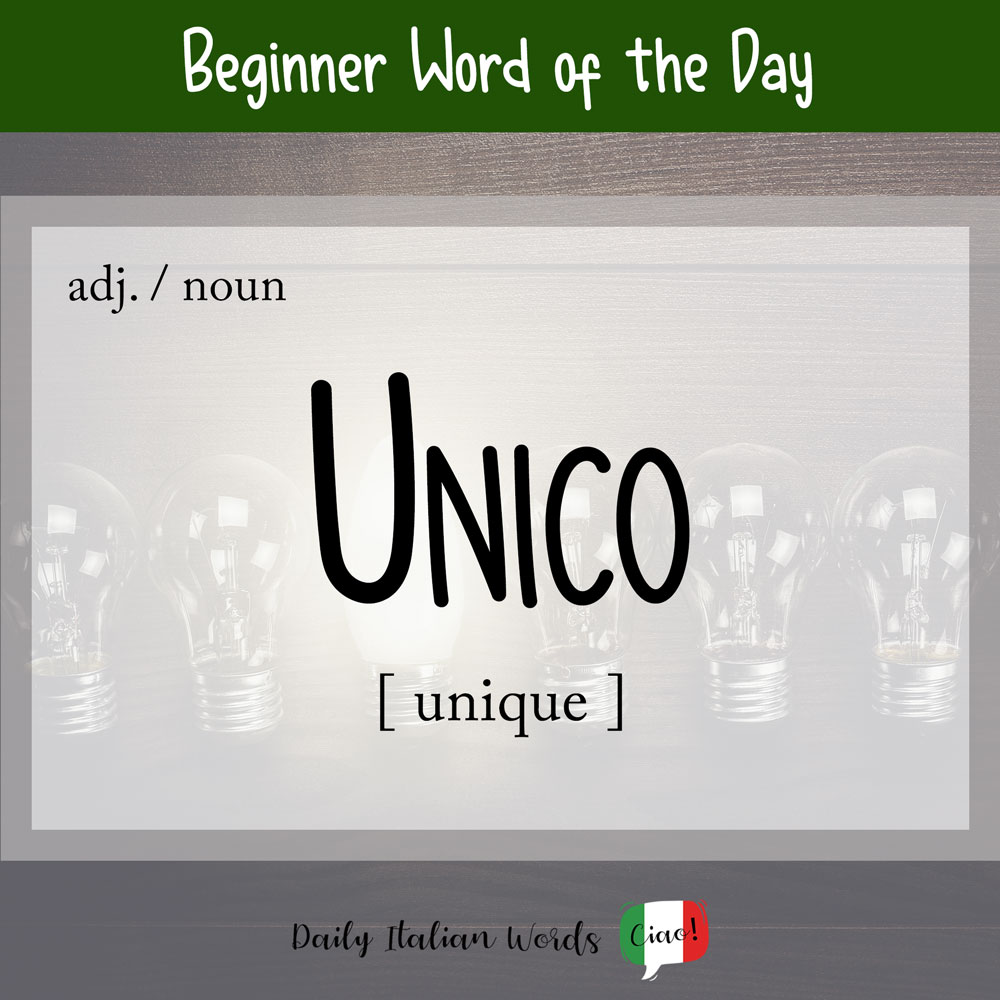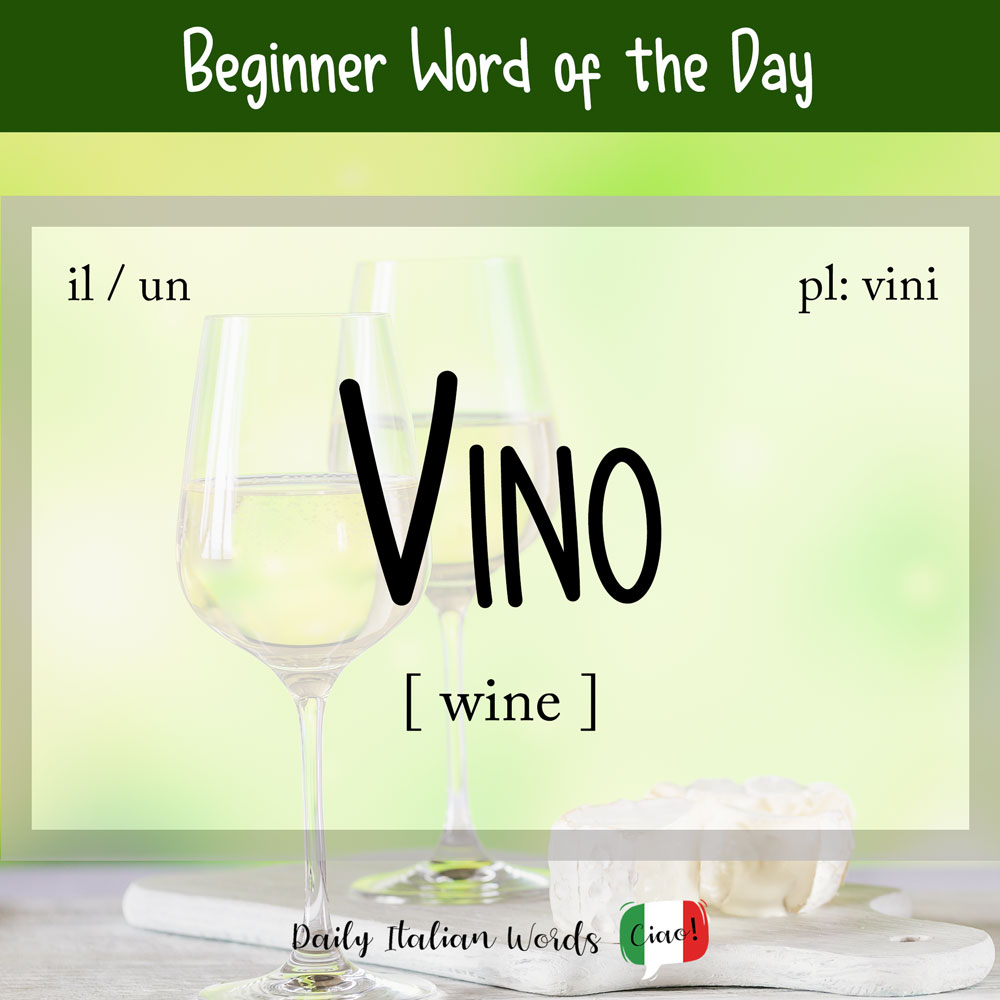Italian Word of the Day: Piccolo (small / little)
The word for small or little in Italian is piccolo (masculine). The feminine form is piccola and the plural forms are piccoli (masculine) and piccole (feminine). As in English, you can use the adjective to describe something that is small in size. Ho comprato questa piccola caffettiera oggi. Era in offerta. I bought this small …

